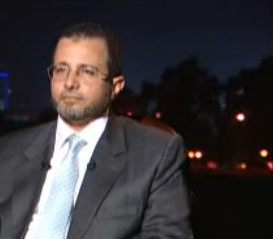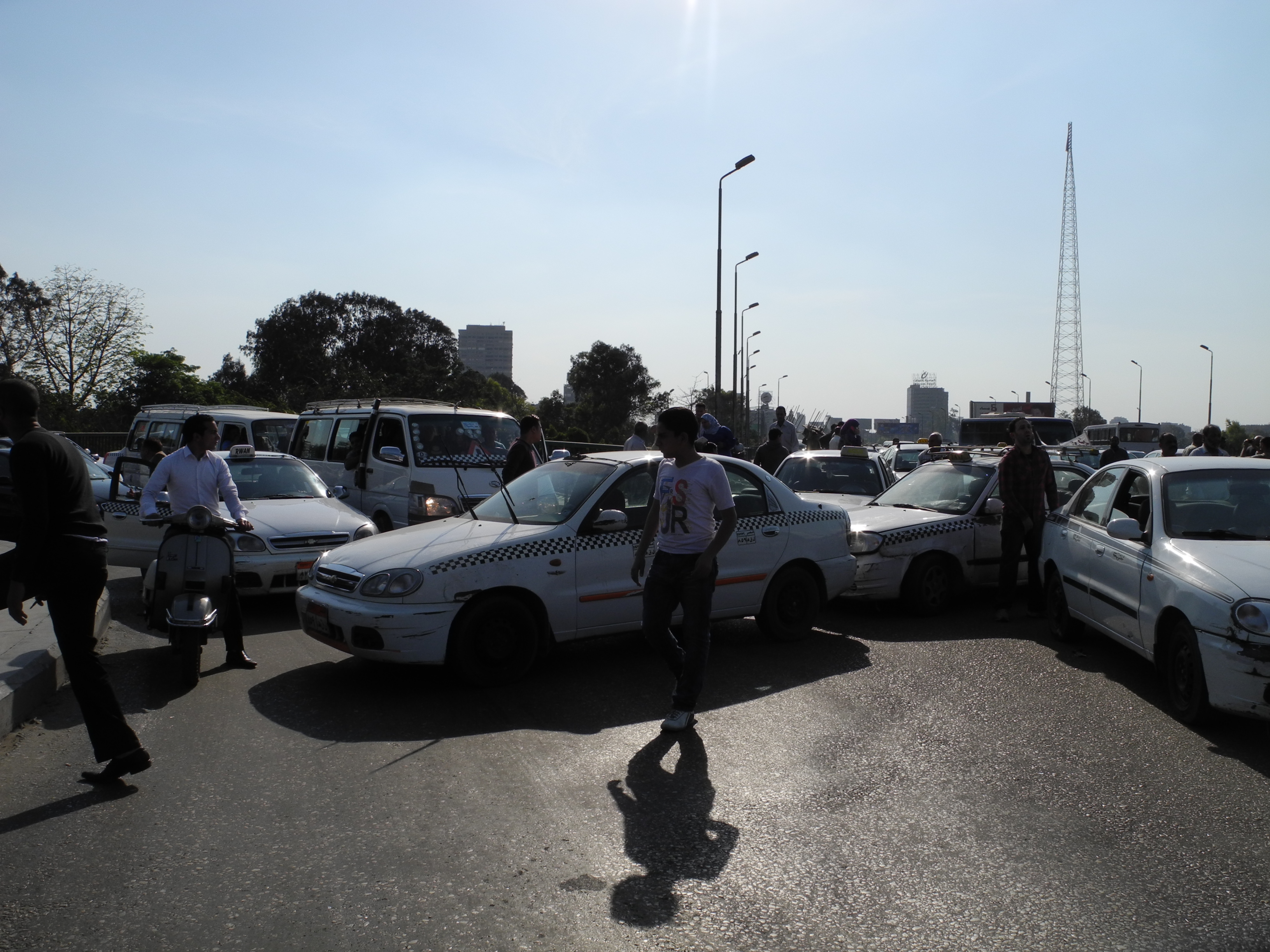Egypt’s Minister of Environment, Yasmine Fouad, has warned that climate change and desertification pose critical threats to Africa’s security and stability, urging coordinated regional action and increased investment in sustainable environmental and climate solutions.
Speaking before the African Affairs Committee of Egypt’s House of Representatives, Fouad outlined both national and continental efforts to address these mounting challenges. She also highlighted Egypt’s leadership role following her appointment as Executive Secretary of the United Nations Convention to Combat Desertification (UNCCD).
“This position reflects the trust of Egypt’s political leadership and continues our country’s longstanding commitment to support Africa in confronting the accelerating threat of land degradation,” Fouad said, noting that nearly 45% of Africa’s landmass is already affected by desertification.
Fouad reviewed Egypt’s key achievements under its 2050 National Climate Strategy, including emissions reductions between 2018 and 2022 in the power, oil, and transport sectors. She also pointed to major coastal adaptation projects, such as the construction of 80 kilometres of nature-based seawalls to protect cities in the Nile Delta from rising sea levels.
She stressed that desertification has evolved into a political and socioeconomic issue, not merely an environmental one, and reiterated Egypt’s call to integrate the three Rio Conventions—climate change, biodiversity, and desertification—through a presidential initiative promoting cross-cutting, nature-based solutions that protect both ecosystems and local livelihoods.
Addressing the Loss and Damage Fund, launched during COP27 in Sharm El-Sheikh, Fouad said Egypt is preparing national projects to access funding and has developed technical teams to assess climate-related damages and mobilise resources. She also announced the launch of an interactive climate risk map and a national contingency plan for extreme weather events.
Fouad underscored Egypt’s leadership in mobilising regional climate finance, particularly for food security initiatives in North and East Africa, and emphasised the importance of linking food, energy, and water security under a unified, climate-resilient development agenda.
She also highlighted Egypt’s recent legislative reforms, including green incentives for producers of plastic alternatives under the new investment law, and the enforcement of the Extended Producer Responsibility policy aimed at reducing single-use plastic waste.
Fouad concluded by reaffirming Egypt’s growing international and regional role, noting the country’s preparations to host the upcoming Barcelona Convention meeting on the protection of the Mediterranean marine environment. She added that Egypt’s domestic environmental efforts are increasingly viewed as a model for developing nations across the Global South.




